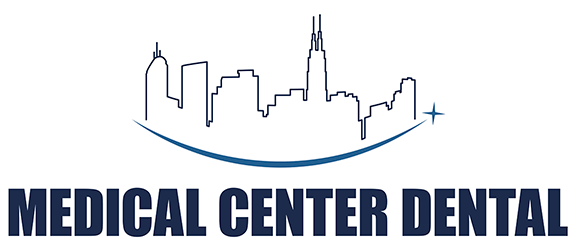Does Gum Disease Affect My Heart Health?
A dentist can tell a lot about a person’s overall health by observing the condition of the teeth and gums. When a patient visits a dentist and reveals signs of gum disease the dentist can also recommend a visit to a primary care physician or another medical practitioner to check for other potential associated medical conditions. A dentist also monitors a patient with gum disease closely to decide what treatment options are necessary to mitigate the advancement of the disease. One of the areas of particular concern is the connection between gum disease and heart disease.
What Is Gum Disease?
Also called periodontal disease, gum disease occurs when the gums become inflamed and the surrounding tissues begin to deteriorate. A healthy mouth structure keeps teeth in place and prevents infection from spreading to other areas. When gum disease develops, the teeth are in danger of becoming loose and the surrounding tissues may become diseased. Patients who are experiencing chronic bad breath, swollen or bleeding gums or pain during chewing should be evaluated for gum disease.
What Health Conditions Are Associated With Gum Disease?
Although gum disease can sometimes be prevented by avoiding tobacco, eating healthy foods, brushing with fluoride toothpaste, and visiting the dentist for regular cleanings, there are some health conditions that increase the risk of developing it. Anyone who has been diagnosed with the following conditions should take extra care to maintain regular dental appointments to check for periodontal diseases so treatment can begin before the problem becomes more advanced.
-
Cancer
Cancer treatments can affect the gums along with other areas of the body. Those going through cancer treatment should stay in contact with a dentist to look for concerns.
-
Osteoporosis
The lack of bone density associated with osteoporosis can also affect the bone in the jaw. Loose and receding gums can lead to inflammation and infection of the gums.
-
Diabetes
Patients with diabetes can experience increased inflammation in the body, and this inflammation can also develop in the gums.
-
Hormonal changes
Patients who are pregnant or otherwise experiencing large fluctuations in hormones need to pay close attention to oral changes in the gums since changes in hormones can cause changes in blood flow.
Can Gum Disease Affect Heart Health?
Over the past decade, more studies have been developed to examine the association between heart health and gum disease. Since patients with well-controlled and properly treated gum disease tend to have lower costs associated with heart disease treatments, it is believed that gum and heart diseases can be linked. Chronic inflammation and bacteria stemming from periodontal disease can lead to overall body inflammation, which affects blood vessels and can lead to problems in the arteries. Although plenty of patients with heart disease have healthy gums, scientists are finding evidence that an unhealthy mouth increases the risk of developing heart disease in the long term. Prevention of periodontal disease combined with proper treatment and regular dental monitoring can help reduce this risk.
Schedule a Dental Check-up Appointment
One of the best ways to prevent gum disease is to make an appointment for a dental cleaning twice a year. The dentist will monitor the condition of the gums and teeth and be able to head off potential disease issues as they arise. Keeping the gums and teeth in optimal health helps reduce the risk of developing associated health conditions. The dentist also gives advice for taking care of the teeth at home to help prevent future cases of gum disease. If you have any questions about dental services or gum disease prevention and want to keep your teeth and gums in optimal health, contact Ingenious Dentistry online or by calling (713) 795-5905 today to schedule an appointment for a cleaning or other services.
_________
Photo Credit: Getty Images / Estradaanton







